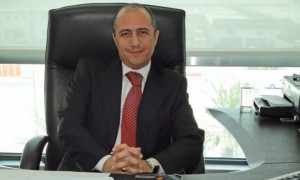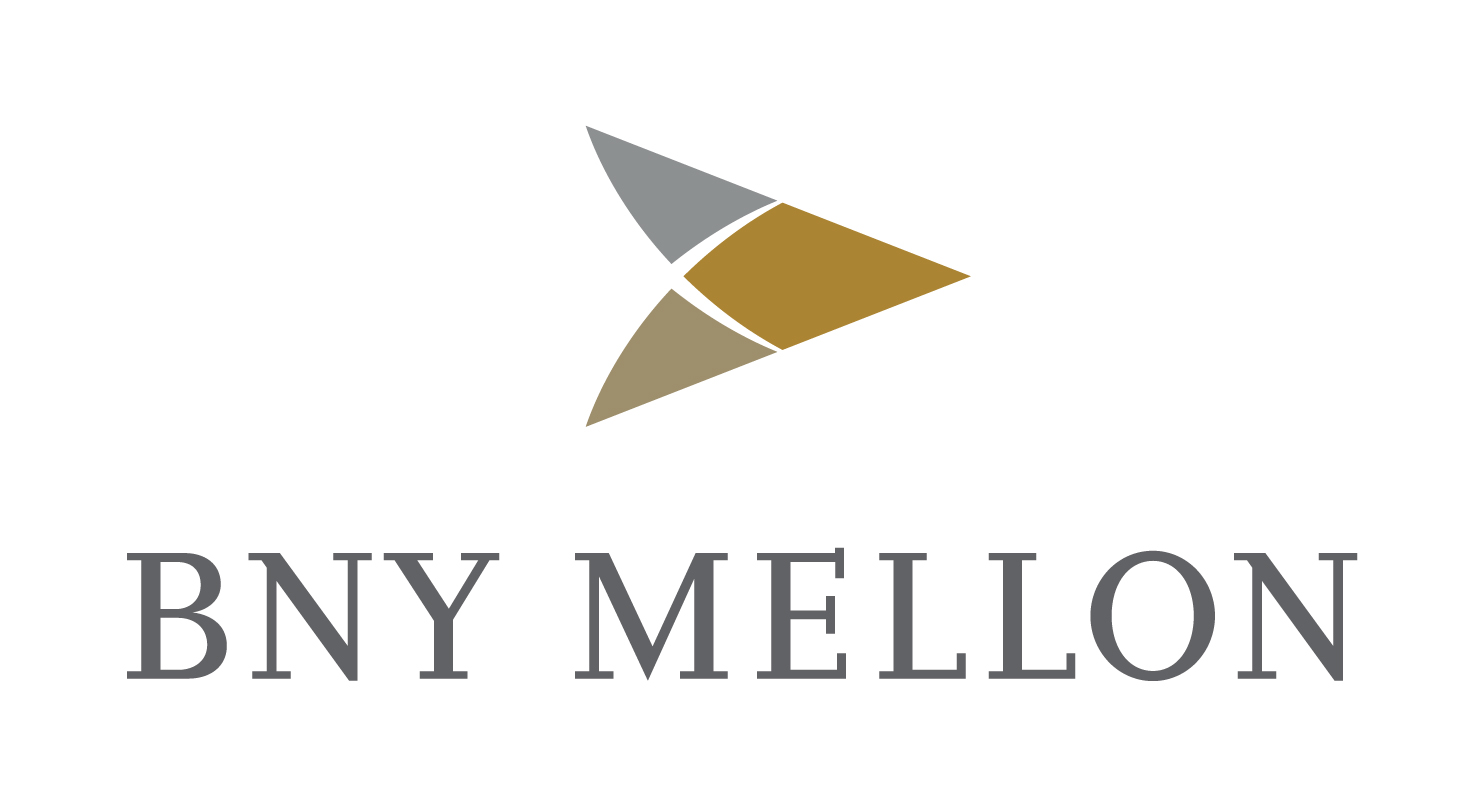Middle Eastern corporates’ growing demand for structured financing, coupled with pressure on local banks to compete more effectively with their global counterparts, is spearheading the adoption of modern-day, automated trade finance solutions across the region. LIZ SALECKA reports

A number of local banks are responding to their corporate customers’ needs by investing in new platforms that provideonline access to a range of trade, supply chain finance, factoring and payment services, as well as electronic transaction capabilities.
Some regional corporates, too, are recognising that they themselves can deploy bank-neutral trade software that offers them the added benefit of being able to manage their trade and supply chain financing activities with multiple banks via one online medium.
Others are taking the automation process one step further by investing in modern-day treasury management solutions (TMS), which not only enable them to manage their trade activities online but also their cash and foreign exchange (see panel).
The growing presence of established third party providers of trade and supply chain finance software solutions in the Middle East, many of which have either already set up shop – or are seeking to enter – in key Middle Eastern markets, such as the UAE , Saudi Arabia and Turkey – has helped to spearhead the movement towards automated trade finance.
“Most of the banks are starting to use third party solutions – and corporates are now getting more interested, too. It is the f lavour of the month,” says Digby Bennett, regional sales director of trade and supply chain finance solutions provider China Systems, which has had a Middle Eastern presence for 17 years. “Automated supply chain finance solutions are now directly available to local companies and they are recognising that they can tie their entire trading group together this way and see what is going on in their supply chain online.”

He points out that China Systems – whose solution offers online access to traditional trade, open account, payment, supply chain finance and factoring services – is currently working with one large Saudi Arabian corporate interested in its services. Although the corporate’s primary driver is to process letters of credit with multiple banks via one interface, it will be able to take advantage of other features in the solution – as and when required – including supply chain finance capabilities.
“It means that they won’t need to go into a bank branch – they will simply log on and see what’s happening online, and they will also be able to approve transactions online. They can also switch on the supply chain finance capabilities, if they chose to deploy this, and see what is happening in their supplier network.”
Demica is another independent solutions provider that is very interested in offering its online supply chain finance solutions to corporates in key Middle Eastern markets, having already “tested the water” in Turkey.
“We have already had discussions in the Middle East and see real potential for supply chain finance and distributor finance across the region,” says Phillip Kerle, CEO of Demica, who explains that such discussions have revealed strong inter est in standalone supply chain finance solutions among both regional and multi-national trading companies. “We have looked closely at the UAE – particularly in relation to the provision of distributor finance to large trading companies, which distribute across the region and into africa. There is no question about demand.”
Banks will lead

However, Franz Labuschagne, divisional general manager at software solutions provider s1, believes that the region’s banks will continue to take the lead in the provision of modern e-based trade finance and cash management services.
“We feel that banks will still dominate the provision of finance services and will not be prepared to lose the provision of any type of banking services to third party technology providers,” he says.
He argues that, with trade volumes returning to pre-crisis levels, many Middle Eastern corporates are now looking for enhanced trade finance solutions that offer online banking features and improved usability, and that this has put pressure on Middle eastern banks to make the required investments – a need made all the greater by the competition emanating from global banks.
“Regional and domestic players need to respond in order to stay competitive and retain customers, and many local banks have recognised that they need to enhance the services they offer to their corporate customers,” he says. “demands for improved liquidity management have accelerated the need to integrate trade finance and cash management systems, and this requirement for convergence is driving growing demand for new solutions.”
S1, which counts seven of the top 20 banks in the Middle East as customers, is currently rolling out its trade finance and online corporate banking solution at one of the largest regional banks. The project, which is now reaching completion, has involved the tailoring of s1’s solution to local needs.
“This implementation required development to be undertaken to offer enhanced regional payment types, currencies, interfaces and to offer local language (Arabic) support,” says Labuschagne. “These developments are now complete and the project is live and operational across several countries, with rollout soon to be finalised to eight countries.”
Demica also sees scope to white-label its Citadel platform to Middle eastern banks.
“It makes absolute sense for Middle Eastern banks to invest in third-party solutions because this will enable them to get to market quickly,” explains Kerle, pointing out that by using a third-party provider, local banks can reduce the costs, risks and timescales involved in proprietary development, and meet their corporate customers’ needs immediately. “They can benefit from a proven product that works and can be delivered in Arabic so that they can quickly start competing with global players.
“Many local banks don’t have the technology, and are on a learning curve, so they should take advantage of partnering with third-party solution providers that can offer the services and expertise,” adds Bob Kramer, vice-president of working capital solutions at Primerevenue, a global provider of open platform supply chain fi nance solutions, and which is also interested in partnering with Middle eastern banks.
“The Middle east is characterised by longer payment terms between buyers and suppliers so there are real opportunites for banks to offer this type of facility to their corporate clients.”
Online investment
One bank that is already taking major steps to meet its corporate customers’ demands for online access to their international trade activities, as well as fi nancial supply chain services, is the national Bank of Oman, which is investing in an online trade finance solution from Misys.
Humayun Kabir, general manager, wholesale banking, national Bank of Oman, explains that the new solution incorporates an e-business console, which will enable the bank’s corporate customers to connect to the bank over the internet to process and review all their transactions. The front-end Misys solution, known as Misys Trade Portal, off ers support for a range of activities, including traditional trade, open account trade, collections, guarantees and the provision of financing.
The bank is also investing in Misys TI Plus, a backoffice processing system, to achieve a fully integrated front-to-back trade finance system.
“We were very impressed by the fully integrated front-to-back trade fi nance solution off ered by Misys,” explains Kabir, who believes that the new solution will not only improve customer service levels, but enable the bank to support growing trade volumes and expand its trade fi nance business with new product launches.
“We are confident that Misys TI Plus and Trade Portal will help us to meet our growth targets for our traditional products as well as newer ones, such as factoring.”
Roy Froud, director, Middle east and africa, Misys, adds that the investment represents a natural evolution for the national Bank of Oman, which has been using Misys’ equation core banking system for over a decade. “With our integrated solution, national Bank of Oman will now be able to grow its volumes, boost effi ciency and broaden its revenue options more eff ectively,” he says.
Al Fahim Group embraces automation
Al Fahim Group, which started using structured trade fi nance solutions two years ago to allow itself more time in which to pay its suppliers, and benefi t from cheaper fi nancing, is one company that is actively seeking to enhance its use of automation.
However, rather than investing in a standalone trade finance solution, the group has decided to implement a modern-day treasury management solution (TMs), which will enable it to manage its trade fi nance activities with banks online, as well as automate its cash management. Th e new solution will improve its visibility into its trade fi nance positions with bank counterparties, liquidity positions and foreign exchange positions as well as helping it to keep track of its hedging activities.
“We anticipate going live with the fi rst phase, which will see us move more toward applying electronic payments and online viewing of our liquidity in October this year,” explains ahmad nassar, group treasurer of al Fahim Group. “The traditional way of doing things, using excel spreadsheets, is no longer a long-term solution and can create risks to the business.”
In its structured trade finance activities, which will also ultimately be managed via the new TMS, Al Fahim Group submits supplier invoices to its panel of global and local banks for on-time payment, but benefi ts from a period of credit in which to pay these banks back.
“Th is provides more flexibility in utilising our funds and puts us in a better liquidity position,” explains Nassar. “Our experience with using structured trade fi nance is that it comes at more competitive interest rates than regular overdraft s. It could also serve as one of the tools in better managing our working capital.”
 Cash And Trade Magazine For Cash and Trade professionals in the Middle East
Cash And Trade Magazine For Cash and Trade professionals in the Middle East




